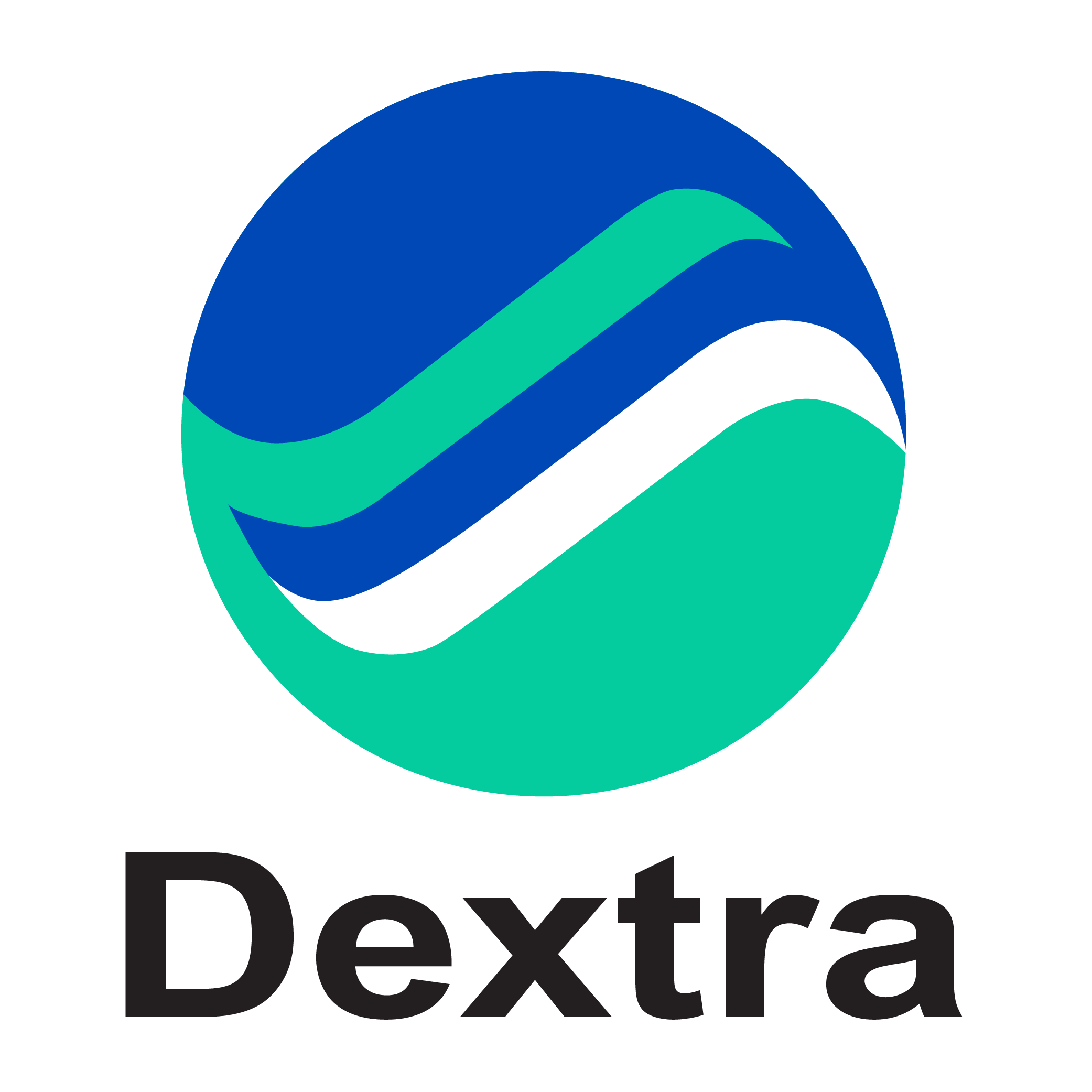Doha Metro Msheireb Station
Msheireb Station is the major interchange station of the Doha Metro. Located in Downtown Doha, it connects all of three lines (Red, Green and Gold) and will provide a gateway 2022 FIFA World Cup 2022 stadiums
The Msheireb Station will become one of the largest subway stations in the world by size.
Soft-Eyes for TBMs
For this major project, Dextra engineered and supplied between 2013 and 2015 8 large ASTEC GFRP Soft-Eyes, of a diameter of 8 meters each. Soft Eyes are cages of GFRP rebar, positioned into the D-Walls in-between steel segments. GFRP Soft-Eyes allow Tunnel Boring Machines (TBMs) to go through in a minimum time as the bars can be easily crushed by the tunnel machine.
Tie-Back anchors
To anchor the massive d-walls and prevent any soil displacement during excavation works, Dextra also supplied its ASTEC Active Anchors (AAA). Those innovative post-tensioned GFRP-based anchors, have the benefits of being cut by the Tunnel Boring Machines or standard excavation equipment. Because it can be easily cut, it doesn’t need to be removed from the ground, even when used for temporary applications.
In the case of the Msheireb stations, multi-tendons anchors (10 per anchor on this project) have even been installed in the center of Soft-Eye to anchor the D-Wall. Those anchors were also cut during the tunneling break-through (visible in the video below). In total 150 anchors were installed in the station.













